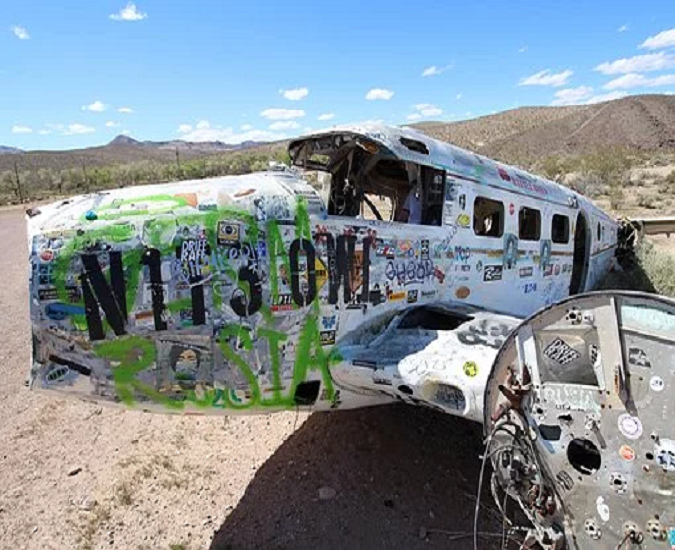The development of wider and wider suburbs is going to be a crucial issue for the demographic policies of each country on the planet. Main reasons are the following: the living space has a vertical limit and urban population will increasingly grow in the next decades. Suburbs are the cities of the future – says Renzo Piano – they are factories of desires and warehouses of energies for young people, who search for opportunities and useful instruments to invent and practice forms of socialization. Those same forms of socialization which the technological development seems to want to destroy completely, giving in return to the citizens his/her nice smartphones, vital to call nobody and talk about nothing.
The great challenge of this century has just begun: the aim is to turn suburbs into metropolitan cities, more attractive than city centres with thousands of lights, where an endless number of shops which fuel consumerism without giving clients any happiness. Suburbs are, first and foremost, a place where people are at the centre – or could be put at the centre of shared values. Suburb equals community and not a cluster of “neighbours” who say good morning and good evening if necessary. A community can share unused spaces, revitalize them and make them prettier with street artworks. A community can also inspire forms of neighbouring trade, promote activities for active citizens such as environmental cleanup or cultural events, etc.
Since migration flows, it is now even more important to turn these areas, now marginal and forgotten, into centres of active aggregation and civic education. The aim is to address petty and serious crimes and the problems related to production facilities settlements. The requalification of suburbs needs huge investments, but on the other hand, it would be a mistake investing more money to create new suburbs, making even more problematic both mobility and public transportation. It is a social-political challenge. The ghetto is often the reality. Suburb as the alternative centre is the aim. However, long-term economic investment has no risks. Every research shows an increasing number of populations. They move from countrysides to big cities. It means polycentric cities, a rise in suburban houses’ value, new commercial and professional activities, etc.
In the end, it should be remembered that for centuries we have used the planet as if its resources were endless. We have destroyed meadows and woods and reduced rivers and streams into unnatural floodplains, maybe damaging beautiful landscapes. We have disrupted the planet in such an absurd way that now we suffer consequences.








